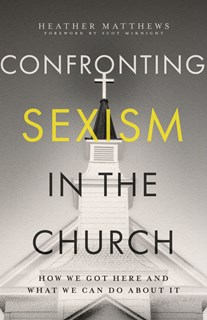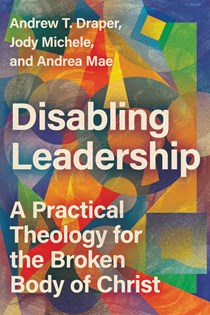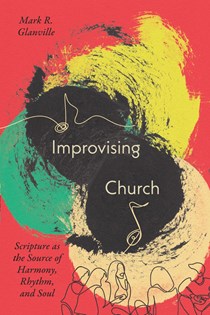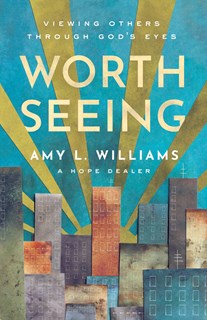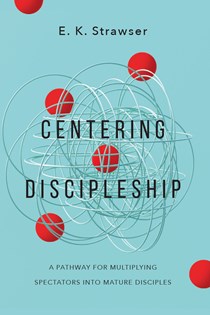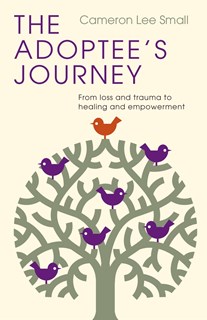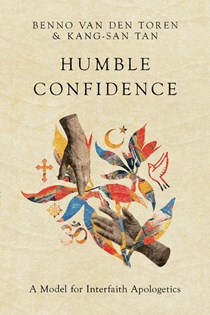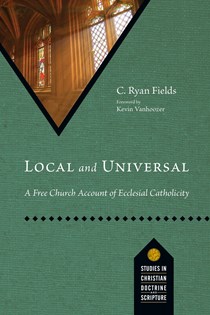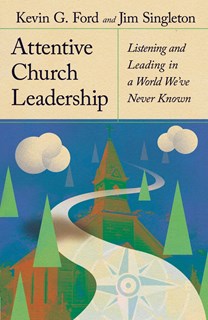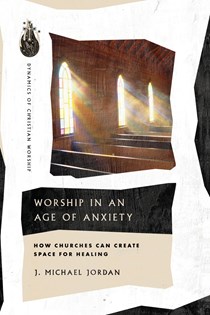Ministry, Evangelism, & Pastoral Care
-
Confronting Sexism in the Church
How We Got Here and What We Can Do About It
by Heather Matthews
Foreword by Scot McKnightDespite real progress, women continue to be silenced, wounded, and relegated to the sidelines in our churches. But we can learn to do better. Exploring the history and culture of sexism in our contemporary evangelical world, Heather Matthews offers simple, practical steps for how Christians can actively fight sexism in its many forms.
-
Disabling Leadership
A Practical Theology for the Broken Body of Christ
by Andrew T. Draper, Jody Michele, and Andrea Mae
Churches must both consider the theology of disability and also become places where people with disabilities lead. Moving beyond paternalistic views of disability, this book encompasses cutting-edge theological ethics as well as practical examples of how church leaders and congregants can foster genuinely inclusive leadership teams.
-
Improvising Church
Scripture as the Source of Harmony, Rhythm, and Soul
by Mark Glanville
Though the post-Christian cultural turn can be disconcerting, it is also a uniquely exciting time to reimagine churches. Building on the dynamic traditions of jazz music and Christian community, biblical scholar and jazz musician Mark Glanville unfolds a biblical, practical, and inventive vision for building the churches we long for.
-
Worth Seeing
Viewing Others Through God's Eyes
by Amy L. Williams
While most of society views high-risk youth with fear or disregard, Amy Williams has come to see them through God's eyes—as having tremendous value and potential. With stories and practical tips from three decades of ministry, Amy challenges perceptions and increases compassion for these youth who are often pushed to the margins of society.
-
Centering Discipleship
A Pathway for Multiplying Spectators into Mature Disciples
by E. K. Strawser
Foreword by JR WoodwardThe church often lacks maturity and missional impact because discipleship is at its periphery. To get discipleship to the center, leaders need a locally rooted, culturally contextual discipleship pathway. This gutsy, practice-based guidebook is for leaders doing the hard work turning spectators into missional, mature followers of Jesus.
-
The Adoptee's Journey
From Loss and Trauma to Healing and Empowerment
by Cameron Lee Small
Adoption is often framed by happy narratives, but many adoptees struggle with unaddressed trauma. Narrating his own and other adoptees' complex stories, counselor Cameron Lee Small unpacks the history of adoption and the church's influence, helping adoptees regain their agency and identity on a journey of integration and healing.
-
Humble Confidence
A Model for Interfaith Apologetics
by Benno van den Toren and Kang-San Tan
Benno van den Toren and Kang-San Tan provide a global, intercultural model of apologetics as crosscultural dialogue and accountable witness. Filled with Scriptural examples and real-world experiences, this is a conversational, patient, holistic, and embodied guide to creating true dialogue in our multicultural, multifaith world.
-
Local and Universal
A Free Church Account of Ecclesial Catholicity
Studies in Christian Doctrine and Scripture
by C. Ryan Fields
How might we reclaim the universality of the church without losing its local situatedness? In this SCDS volume, C. Ryan Fields juxtaposes the Free Church tradition with its Episcopal counterpart, arguing that the Free Church tradition can helpfully inform our understanding of the one body of Christ while remaining true to its local roots.
-
Attentive Church Leadership
Listening and Leading in a World We've Never Known
by Kevin G.Ford and Jim Singleton
Foreword by Ed StetzerThe world has changed, and we minister in places we have never been in before. As the world screams for our focus, it's essential to become attentive to God, our congregation, and our community. Kevin Ford and Jim Singleton call for attentive churches with attentive leaders to discern cultural and organizational change and pivot accordingly.
-
Worship in an Age of Anxiety
How Churches Can Create Space for Healing
Dynamics of Christian Worship
by J. Michael Jordan
Too often in the history of Christian worship, evangelical leaders have sought to manipulate anxiety to spur repentance. J. Michael Jordan challenges this utilitarian approach, offering a practical theology of worship within a healing framework that, rather than manipulating anxiety, acknowledges, accepts, and offers it to God.


